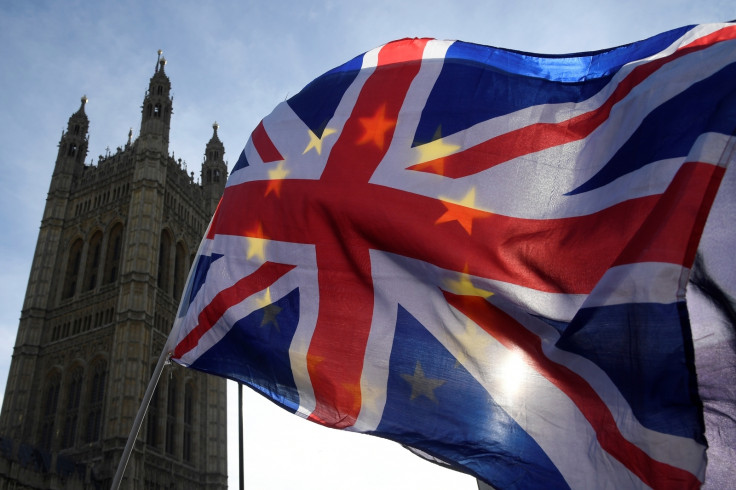The EU 'could ground flights' to punish UK if it breaches Brexit transition terms
Proposals would see the EU have unprecedented legal powers.
The European Union could impose severe punishments on the UK if it broke Brexit transition terms, it has been reported.
Under proposals drafted by the European Commission, the EU would have legal powers to suspend access to the single market, slap tariffs on goods and even ground flights that go over EU airspace.
The five-page legal text seen by the Times calls for the EU to be able "suspend certain benefits" as a "nuclear option" if the UK breached a "sincere cooperation" principle which would be in the final Brexit treaty.
This could see the UK punished if it struck trade deals with non-EU states, gave tax breaks to domestic industries and subsidised other domestic sectors, which could be seen as "prejudicial to the union's interests".
Punishments could also mean the City of London blocked from European financial markets and aircraft being stopped from flying over the EU's "single sky" airspace.
Jacob Rees-Mogg, chairman of the European Research Group of backbenchers, told the Times: "Thank heavens we are leaving an organisation that takes such an aggressive stance when you don't do what you are told.
"There are all sorts of problems with this. It will make negotiations of future trade deals very difficult. The government will find it very difficult to agree to this."
The prime minister Theresa May will also face pressure as the Commission wants a legal commitment that there would no hard border between Northern Ireland and the Republic of Ireland before a transition deal came into force.

The Democratic Unionist Party ,which props up the Tories in Westminster, has rejected this, saying that any agreement on the Good Friday deal over the Irish border cannot be made until it knows what a final deal looks like.
But a senior EU source told The Times. "We need to put the Irish fallback solution into legal text before we can make progress. If not, work on the transition and future relationship will stall."
The DUP and hard Brexiteers oppose a deal where Northern Ireland, in effect, stays in the EU single market and customs union with regulatory alignment after Brexit, while the rest of the UK diverges.
The transition period is expected to begin straight after the UK officially leaves the EU on 29 March 2019, and end on 31 December 2020. The cabinet's Brexit sub-committee will try to reach agreement on the next stage of negotiations when it meets on Wednesday (7 February).






















